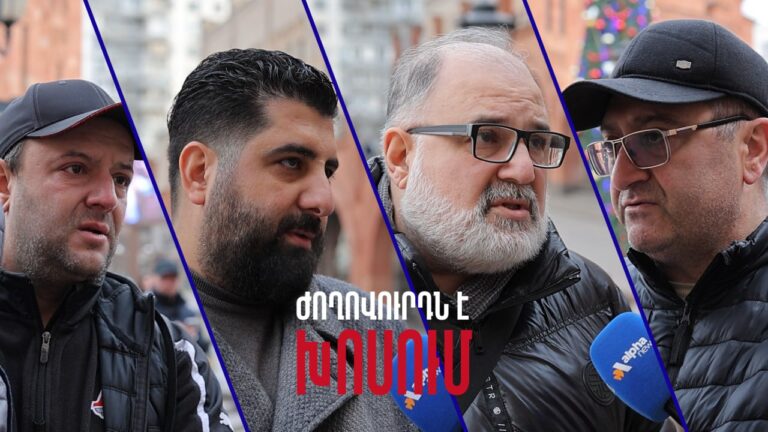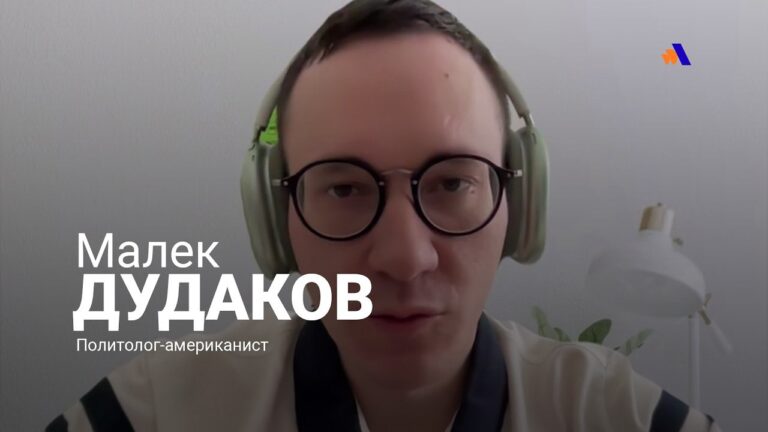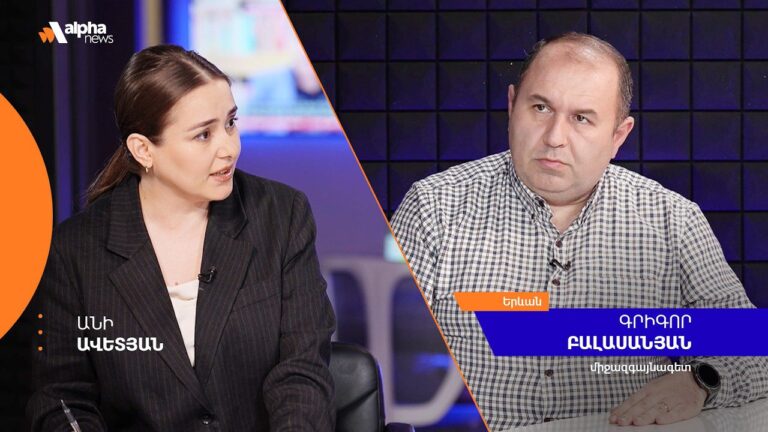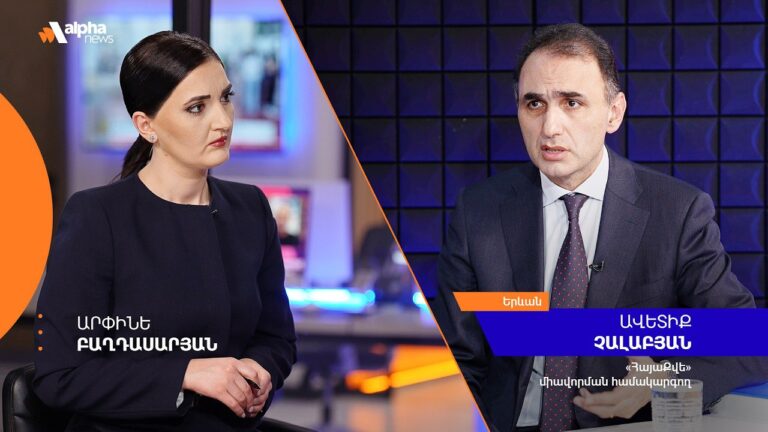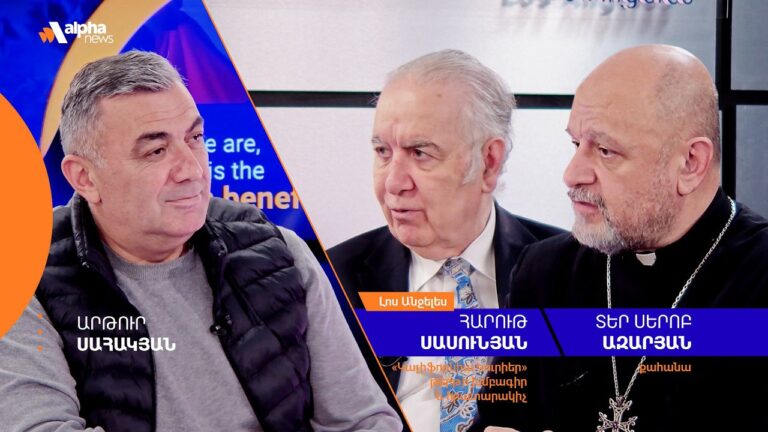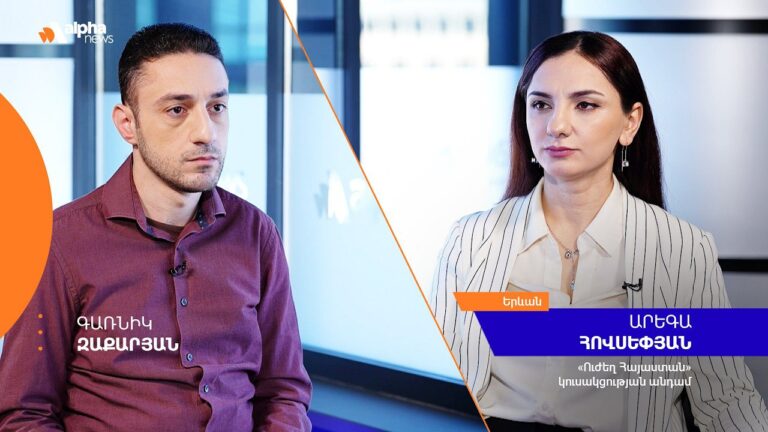Turkish “invisible hand” at Mirzoyan-Bayramov talks in Berlin
February 29 2024, 18:00
For many years, the Armenian-Azerbaijani talks have been accompanied by incidents on the line of contact between Armenian and Azerbaijani troops. The situation has remained unchanged even after 2020, with Azerbaijan combining both diplomatic and military pressure.
After a long break, talks between the foreign ministers of Armenia and Azerbaijan are taking place in Berlin. Not only are these talks taking place on the anniversary of the Sumgait tragedy, but on the day of the talks, a serviceman of the Azerbaijani Armed Forces, armed with an AKM assault rifle and a magazine case, in the border area of the community of Tegh in the Syunik region of Armenia crossed the Armenian-Azerbaijani line of contact.
There are two more nuances in the Berlin talks. As Azerbaijan had previously wished, the talks are taking place without mediators, and on top of that, Vice President of the Armenian Parliament and special envoy for normalization of Armenia-Turkey relations Ruben Rubinyan is also involved in the negotiations.
This is not the first time that Rubinyan has participated in the talks between Yerevan and Baku. The latest time was in May 2023 in Washington. Back in 2023, the following questions were relevant: under what circumstances, for what purpose, and in what status does Ruben Rubinyan participate in the talks of the Armenian and Azerbaijani foreign ministers? Are Armenian-Turkish relations included in the Armenian-Azerbaijani talks? Are these two processes interrelated? Back in 2023, it was obvious that Rubinyan’s presence in Washington was to ensure that the agreements reached with Turkey were taken into account within the framework of the process.
It is also important to recall what followed the May negotiations in Washington in 2023. In June, a dubious incident occurred on the Khakari Bridge, with Azerbaijan planting its flag on the territory of Armenia, an attempt prevented by Russian peacekeepers (although Nikol Pashinyan’s family newspaper presented reality differently and accused Russians of aiding Azerbaijan). After that, there was shooting on the bridge, and Azerbaijan completely blocked the Lachin corridor.
Just a few months later, in September 2023, after a phone conversation between Nikol Pashinyan and Recep Tayyip Erdogan, Azerbaijan launched a military attack against Artsakh, which ended with ethnic cleansing and the expulsion of Armenians from their historical homeland.
It should be noted again that an important milestone in the chain of events in 2023 was precisely the talks between the foreign ministers of Armenia and Azerbaijan, which focused on compliance with Turkish regional interests. And after the fall of Artsakh, the situation repeats itself with millimeter precision. Even the actors and the algorithm of their actions are the same…
As for the logic of the entire negotiation process as a whole, it should be clearly stated that if we continue to observe the intensification of talks with the consent of Azerbaijan under the auspices of the West, it will mean that official Baku wants to get everything as it did in 2023. However, in 2023, “everything” was Artsakh; now “everything” can be Armenia… After all, it was with this political project that Ilham Aliyev went to the snap election in February 2024.
Think about it…

